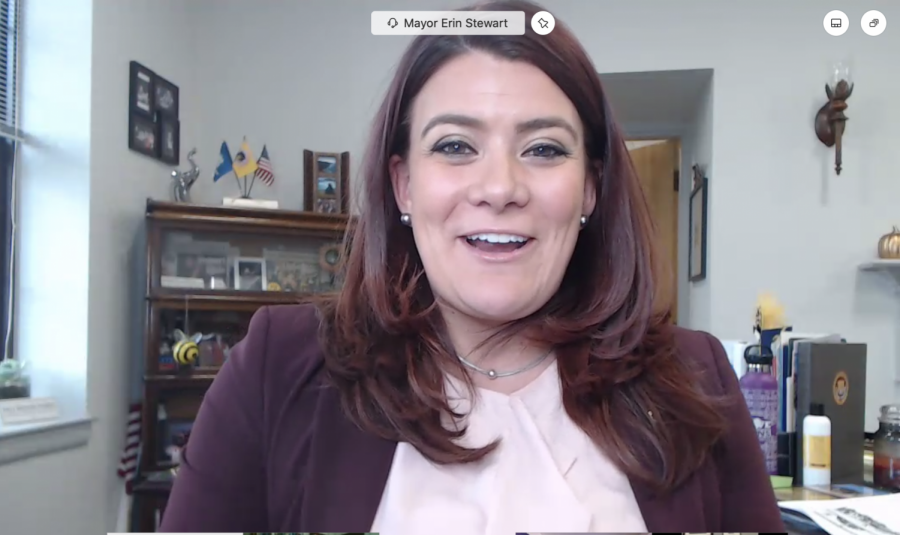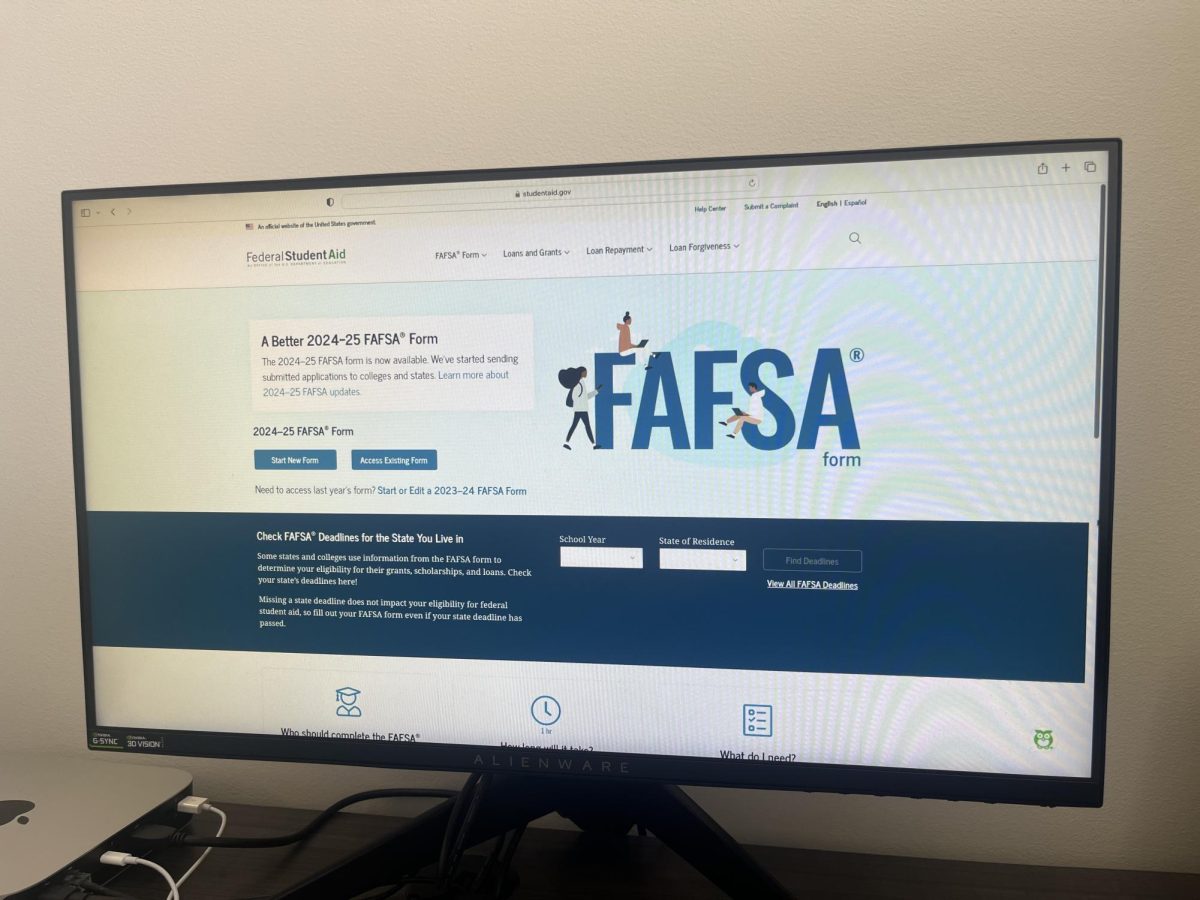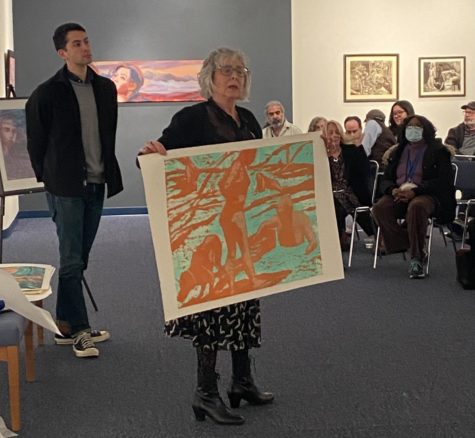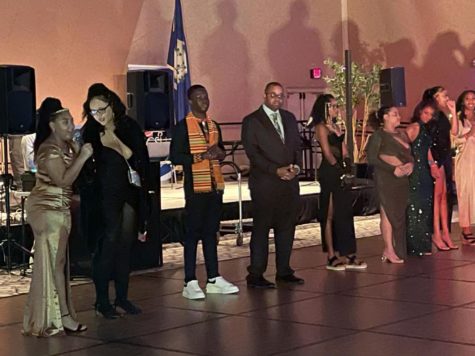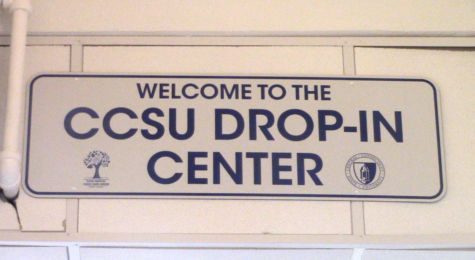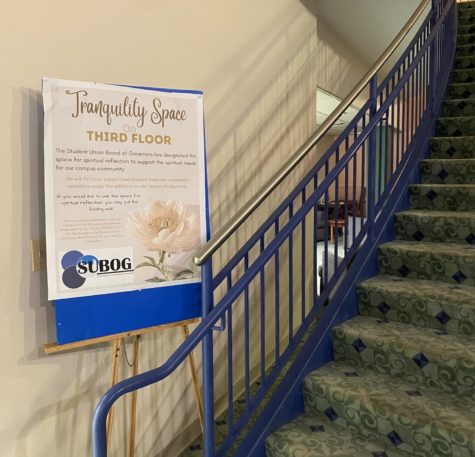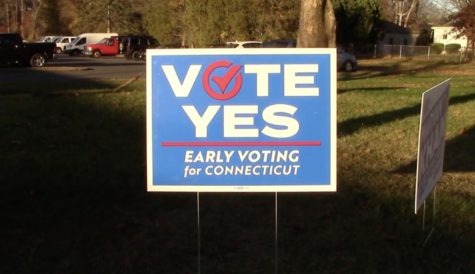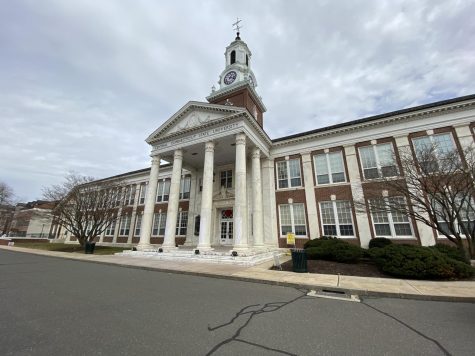CCSU Hosts “She Leads: Women Leaders In Connecticut State Government” Panel
New Britain Mayor Erin Stewart and other female state officials discuss gender inequalities in politics.
October 21, 2020
Central Connecticut hosted a virtual panel discussion, “She Leads: Women Leaders in Connecticut State Government” on Wednesday, Oct. 7.
The distinguished panel members included First Selectwoman of Durham Laura Francis, former Secretary of State Pauline Kezer, State Representative for Meriden Hilda Santiago, New Britain Mayor Erin Stewart and Bristol Mayor Ellen Zappo-Sassu. The program provided insight into the complex and expanding role of women in Connecticut government, both at the state and municipal levels.
The panel members were chosen based on lasting contributions they’ve made to Connecticut with their distinguished records of public service.
The event was arranged in collaboration with several participants and organizations, including: the Center for Public Policy and Social Research (CPPSR), the William A. O’Neill Endowed Chair, Ruthe Boyea Women’s Center Director Jacqueline Cobbina-Boivin, the Student Government Association, the political science department and the Political Science Club.
Both Steven Kliger, Director of CPPSR, and Donald Defanzo, Chair Holder of the William A. O’Neill Endowed Chair, played important roles in organizing the event as well..
President Dr. Zulma R. Toro, the university’s first female president, led the meeting with opening remarks.
“As women continue to play an increasingly important role in the governing process, we are hopeful that today’s conference will provide new insights into the historical obstacles and changing political environment encountered by aspiring women through our state,” Toro said.
The forum served as an opportunity for each of the women to share their experiences and perspectives to explain the changing role of women in elected office over the last several decades.
“This collaboration shows what Central is all about, giving opportunities to diverse voices to move our institution and our state forward,” Toro said.
Throughout the event, several of the panelists highlighted that one of the barriers contributing to the underrepresentation of women in government, is the societal tendency to equate masculinity with leadership traits.
According to a 2018 survey from the Pew Research Center, more people say being assertive, decisive and ambitious helps men get elected to high political office, while women gain more of an advantage from being approachable, physically attractive and compassionate.
Mayor Zappo-Sassu recalled working in campaigns for years with many older, white men who did not use computers and relied on the younger generation to do a lot of the work for them.
“When you become one of their colleagues, oftentimes it’s difficult for them to transition the role that they see you in,” Zappo-Sassu said. “There were many nights as the only women on our city council where we’d have a contentious issue, some of them would leave the room and I would find out later they were in the men’s room having a heated discussion, or they would come back out with a resolution that I was not a part of. The whole backroom politics took on a whole new meaning.”
Mayor Stewart, also drew upon her experience navigating through a political career despite these gender-based expectations.
Stewart said that since the 2016 election, elected officials have been shown a lack of respect, which is a deterrent for people to run nowadays.
Stewart said people can be very harsh, especially with social media.
“You want to talk about gender-based expectations? If I go on Facebook Live and I have a piece of hair that’s hanging in front of my face, it doesn’t even matter what I’m talking about. I could be talking about the most important thing to the city of New Britain at the time. All they’re talking about is the piece of hair that’s hanging in front of my face or the pimple that’s on my chin,” Stewart said.
Stewart hopes to normalize women leaders and get rid of the gender-based expectations.
“Hopefully having more strong elected women in office you can help break down those barriers and chip away at that,” Stewart said.
